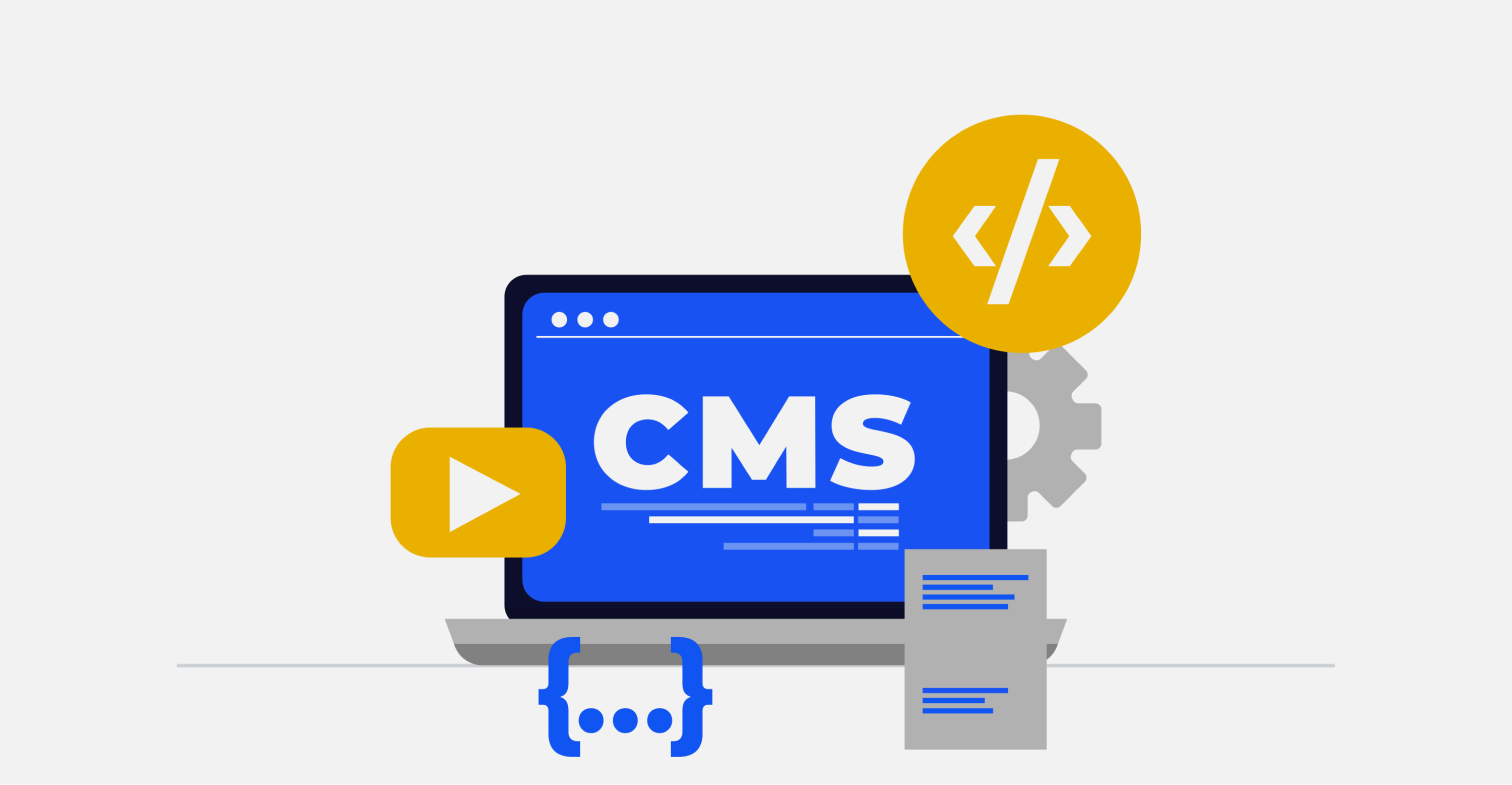The term “Sponsorship” is a popular word in the field of business, event management and other many services. Sponsorship is a business partnership between a source of finances, resources, or services and an individual, event, or organization in exchange for certain rights and associations that can be exploited for commercial gain. The main objective of sponsoring is to gain publicity, promote expenditure. If you are clear about Sponsorship here in this article you will be familiar with the event sponsorship. First of all we must know about what event Sponsorship is?
What is Event Sponsorship ?
Organizations support an event by contributing financial aid, products, or services through event sponsorship. It is most likely the most lucrative type of sponsorship. Event sponsorship raises exposure by associating the company’s image with a big event (whether it’s sport, art, culture, etc).
One thing is certain: event sponsors will play a vital part in growth as events take a larger share of marketing expenditures and the event experience sector figures out how to combine in-person, virtual, and hybrid experiences. Whether you’re just getting started with your event sponsorship program or you’re searching for new ways to recruit and retain current sponsors, we’ve got you covered.
Why is event sponsorship so important?
Obtaining event sponsorship will benefit you in a variety of ways. Sponsorship is a great marketing tool that can help you improve several areas of your event. If you’re a marketing nerd, you’re aware that this isn’t the case. Marketing experts from all around the world are beginning to recognize the value of sponsorship as a marketing tactic. Confused? So, let’s have a look at the details in order to gain a better understanding.
Financial Assistance:
The most common type of sponsorship is financial sponsorship. Organizing an event may be costly, and while it is not solely about the money, your budget is surely one of the most essential considerations you should make during the event planning process. Receiving extra funding through sponsorship can be a huge assistance, and it could be the difference between your event succeeding or failing, especially if it’s a non-profit event.
You must consider how you will allocate the additional resources now that your budget has been expanded. Based on your goals, estimated costs, and previous experience, invest wisely in several areas that work best for your event. You can use the money to increase sales by raising the price or offering incentives to get more people to attend your event.
Reaching a larger and more relevant audience:
Sponsors are already dealing with their own particular audiences and have a good understanding of which methods work best for them. Sponsorship allows you to target these audiences without having to conduct costly and time-consuming research. It can also help reduce the time and effort that would otherwise be spent cultivating favorable relationships with your target audience. You will have access to an audience that is ready to listen to what you have to say right now, right here, thanks to sponsors.
Increase Awareness:
The preceding benefit is accompanied with an increase in awareness. You’ll be able to promote your event to a much larger audience because of your sponsors’ increased reach, and you’ll be able to increase ticket sales thanks to the high relevancy and legitimacy.
Social Proof and Positive Publicity:
Sponsorships can also help to shape and strengthen your company’s image by influencing how others perceive your event. Sponsors are usually well-known individuals or businesses who have a significant impact on the community in their respective industries. Finding the proper sponsor who can influence your target audience is a wonderful way to start planning a successful event since it allows you to acquire the audience’s trust right away when your event is related to them.
Where to Look for Event Sponsorship?
- By looking through groups on social media, particularly LinkedIn, you might identify the perfect sponsors. You may learn about their passions, their firm, and where they’ve done business in the past.
- To help recruit prospective sponsors, form an advisory board with previous sponsors. Your previous sponsors may be able to provide comments on sponsoring incentives, ideas, and goals.
- Create a referral program with other sponsors so that they can refer major industry figures and serve as references to share what they’ve learned.
Conclusion:
In conclusion, sponsorship supports an event by contributing financial aid, products, or services. It helps to gain publicity, promote expenditure and mostly assist to increase awareness, reaching a larger and more relevant audience.













